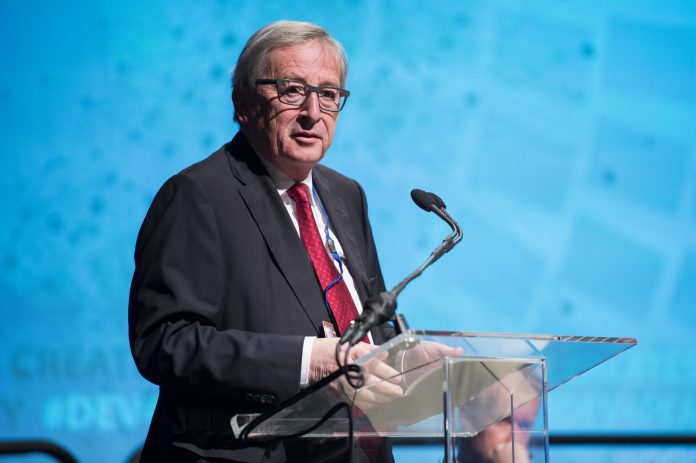European Commission President Jean-Claude Juncker is leading calls for an expanded budget, despite the upcoming departure of Britain – one of the bloc’s main paymasters.
In fact, Juncker wants the EU’s new seven-year budget to be increased by around 10% from 2021 (the year after Britain will stop paying its substantial share).
As reported by the Reuters news agency, Juncker said the EU costs taxpayers barely the price of a daily cup of coffee. His budget chief, the German commissioner Guenther Oettinger, said Brussels’ funding should be increased from its current 1% of gross national income across the bloc to something a little over 1.1%. National public spending in the EU is more than 40 times that level.
Britain’s final departure from the EU budget at the end of 2020, after its formal Brexit in March next year, will deprive Brussels of some €12bn from an annual budget now running around €140bn.
According to Reuters, this “hole” has already prompted a round of sparring between other net contributors in the West, which do not want to make up the shortfall, and poorer, ex-communist Eastern states, which say they should not suffer from cuts in EU subsidies.
Now the Commission, which will present its full proposal for the next “multiannual financial framework” in May, wants to cover the Brexit gap, plus some additional expenditure, though a half-and-half mix of savings in some areas and new revenue sources.
In a separate report, the Guardian noted that the European Commission is making the case that a 50:50 mix of “fresh money” and cuts can be used to cover Britain’s withdrawal.
The German budget commissioner, Günther Oettinger, said he wanted “1.1 something” [per cent] of GDP and he would fight to spend more on two programmes in particular: Erasmus, to fund student exchanges, and Horizon, which commits money for research.
“I know 50% fresh money is too much for some of you. For others, [it] is not enough. But at the end of the day, we all have to agree together. We need to get 27 governments on board… parliaments at a national level. They all have to agree,” he said.

